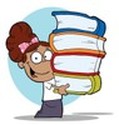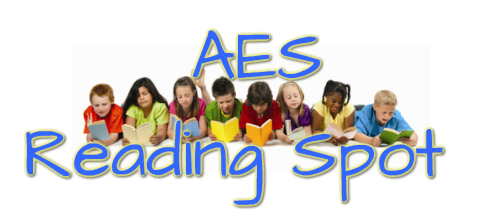What is comprehension?

Good readers have strong listening comprehension skills. Comprehension develops through reading and listening to texts read aloud (Honig, Diamond, & Gutlohn, 2000). For young children and beginning readers, listening to someone read aloud provides opportunities for them to comprehend text they would not be able to read for themselves (Gillet & Temple, 1994). Developing children's listening comprehension helps them become more skillful at text comprehension (Fountas & Pinnell, 1996).
Good readers recognize that reading is more than decoding words. Decoding is the ability to sound out a written word and figure out the spoken word it represents. While children cannot understand text they cannot decode, it is also true that decoded words are meaningless unless they are understood (Maria, 1990).
Good readers think about their thinking. Good readers are aware of their own thought processes (Honig et al., 2000). Irvin (1998) points out that explicit instruction in comprehension skills helps develop children's metacognition—the ability to think about their thinking. Good readers use metacognition to "think about and have control over their reading" (Armbruster, Lehr, & Osborn, 2001).
Good readers read a lot of good books! To be good readers, children need to read a lot. Allington (2001) points out that reading practice is a powerful contributor to the development of accurate, fluent, high-comprehension reading. Your work as a tutor not only provides additional learning time, but additional reading time for the children you work with. Increasing the volume of children's reading and helping them develop comprehension strategies are characteristics of effective reading support (Donahue, Voelkl, Campbell, & Mazzeo, 1999).
Good readers recognize that reading is more than decoding words. Decoding is the ability to sound out a written word and figure out the spoken word it represents. While children cannot understand text they cannot decode, it is also true that decoded words are meaningless unless they are understood (Maria, 1990).
Good readers think about their thinking. Good readers are aware of their own thought processes (Honig et al., 2000). Irvin (1998) points out that explicit instruction in comprehension skills helps develop children's metacognition—the ability to think about their thinking. Good readers use metacognition to "think about and have control over their reading" (Armbruster, Lehr, & Osborn, 2001).
Good readers read a lot of good books! To be good readers, children need to read a lot. Allington (2001) points out that reading practice is a powerful contributor to the development of accurate, fluent, high-comprehension reading. Your work as a tutor not only provides additional learning time, but additional reading time for the children you work with. Increasing the volume of children's reading and helping them develop comprehension strategies are characteristics of effective reading support (Donahue, Voelkl, Campbell, & Mazzeo, 1999).
What can you use at home to help your reader understand what they are reading?
| summarizing_key_words.pdf | |
| File Size: | 87 kb |
| File Type: | |
| fix_up_strategies.pdf | |
| File Size: | 292 kb |
| File Type: | |
| character.jpg | |
| File Size: | 208 kb |
| File Type: | jpg |
| problemsolution.jpg | |
| File Size: | 76 kb |
| File Type: | jpg |

